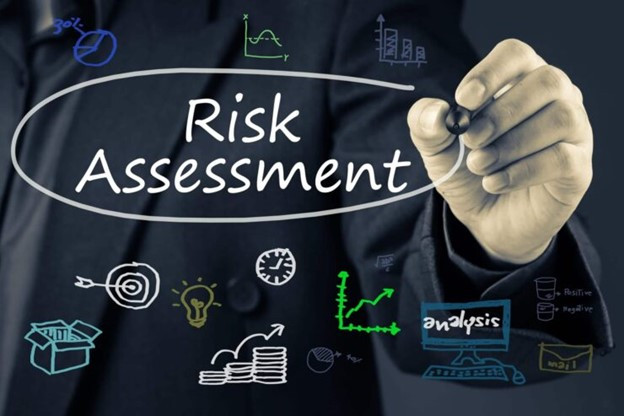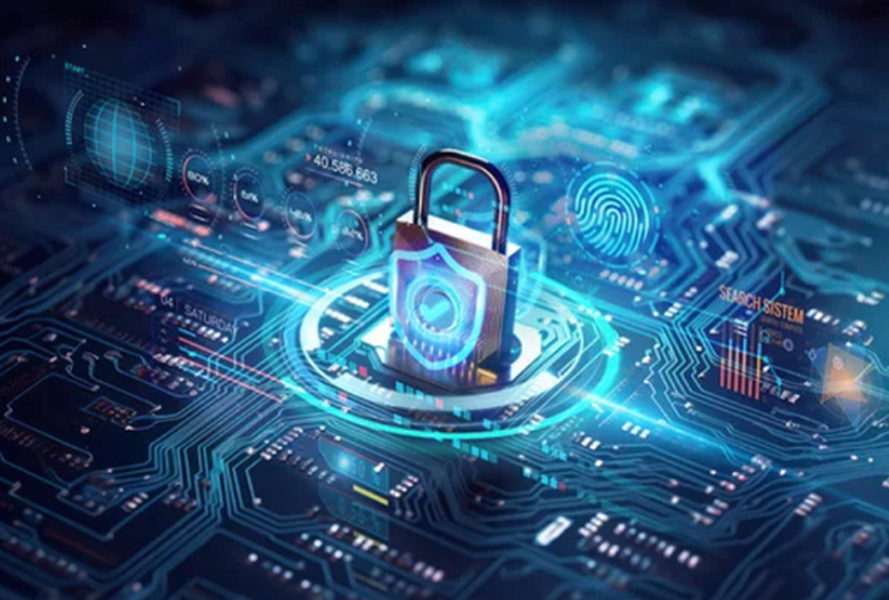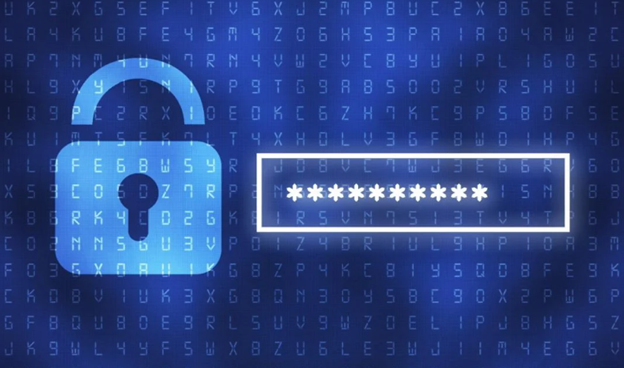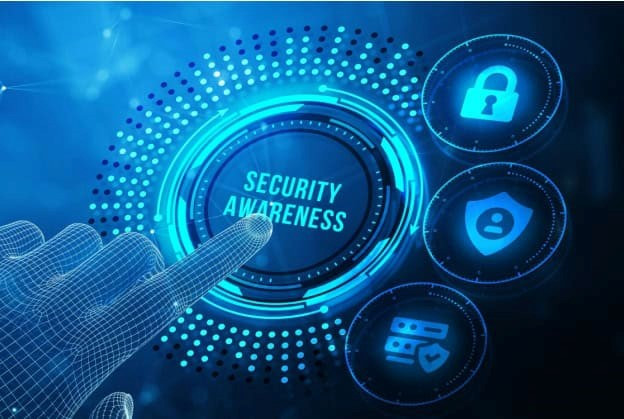InTegriLogic Blog
In today’s digital world, IT compliance isn’t optional — it’s a requirement for doing business securely and legally. But keeping up with complex regulations like HIPAA, PCI, and FTC Safeguards can be overwhelming, especially for small to midsize businesses.
That’s where a Managed Services Provider (MSP) comes in.
In today’s digital world, passwords are the keys to your business. And just like you wouldn’t hand out keys to your office, you shouldn’t take password protection lightly. Weak or reused passwords are one of the top causes of data breaches—and small to medium-sized businesses are just as much at risk.
What is Business Email Compromise (BEC)?
Business Email Compromise (BEC) is a scam where cybercriminals impersonate a trusted person, like your CEO or a vendor, to trick your employees into sending money or sensitive information. It’s different from phishing because it targets your business with social engineering.
Business Email Compromise (BEC) is a type of cybercrime where criminals impersonate an executive, vendor, or trusted partner to trick employees into sending money, sensitive information, or making fraudulent transactions. Unlike phishing attacks that rely on fake emails to steal login credentials, BEC scams use social engineering to manipulate targets and often look like legitimate business requests.
What is Security Awareness Training?
Security awareness training is designed to teach your employees how to recognize and respond to potential cyber threats. With the rise of phishing attacks, malware, and other cybersecurity risks, it's crucial to ensure that your team is equipped to prevent costly mistakes that could compromise your business.
What is Phishing?
Phishing is a type of cyberattack where criminals attempt to trick individuals into revealing sensitive information, such as passwords, credit card numbers, or business data. These attacks often come in the form of emails, but they can also appear as phone calls or text messages. The goal? To steal your information or gain access to your business systems.
Imagine this: Your business is running smoothly, then—BAM!—your server crashes, ransomware locks your files, or an employee accidentally deletes critical data. What happens next?
Without a Backup and Disaster Recovery (BDR) solution, your business could face downtime, lost revenue, and even permanent data loss. Let’s break down why BDR is a must-have for businesses of all sizes.
Imagine losing all your business data in an instant—customer records, financial reports, emails—gone. Unfortunately, data loss happens more often than you think due to cyberattacks, hardware failures, or accidental deletions. That’s why having a solid backup plan is critical for businesses of all sizes.
News & Updates
Contact Us
Learn more about what InTegriLogic can do for your business.
InTegriLogic
1931 W Grant Road Suite 310
Tucson, Arizona 85745




















